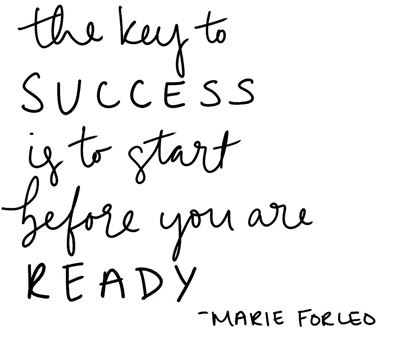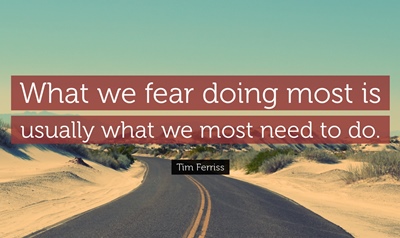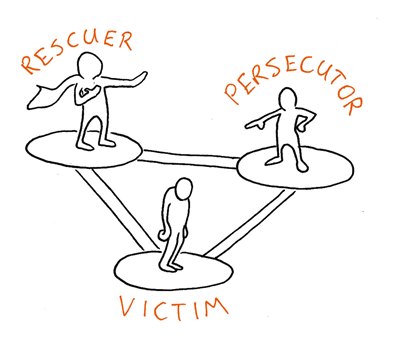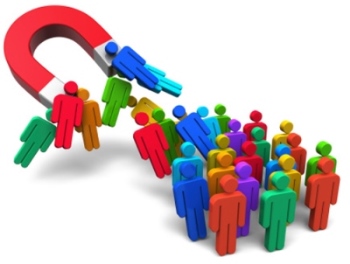The post by Leo Babauta ‘How to Be Kind to Yourself & Still Get Stuff Done‘ resonates much with me, because it is a dilemma I am struggling with on a daily basis. I generally consider that effort is required to get things done, and tend not to be too kin don myself as a result of my drive.

“This is the fear, when people start being kind to themselves — that they’ll be too soft, they won’t get stuff done, they’ll let themselves off the hook too easily, they’ll just lie around doing nothing.”
Leo Babauta reminds us why kindness to self is so important. He often finds “that almost all of our barriers are self-imposed — we are harsh on ourselves, and it makes everything much more difficult“. Having compassion for oneself, and concentrating on doing things that are good for oneself, is the key to overcoming this dilemma.
I like this idea that if one is too hard on oneself, maybe it is also because what we are trying to do may be a bit harmful.
I’ll try to be a bit kinder to myself in the future, while still trying to get stuff done. It’s a good way to focus on what’s good for me too.











